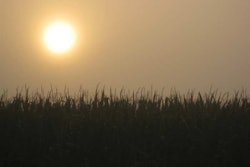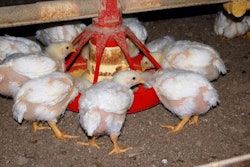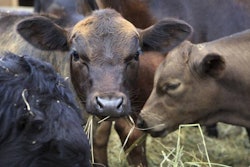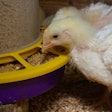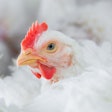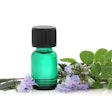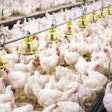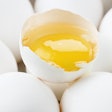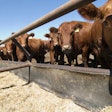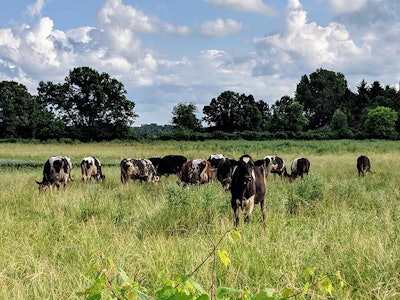
We have discussed numerous times how best to feed animals during summer heat waves. In reality, we have been discussing only two aspects this problem: reformulation and additives.
Reformulation to reduce metabolic heat increment (the increase in body temperature we all experience after a good meal) works, but only to a certain degree. After all, animal production remains a business for money and, without profitability, there would be no need to raise these animals. Thus, making the perfect summer feed at a prohibitively high cost remains out of the question. This is why we can only do so much with reformulation.
The same goes for additives – products we add to feed and/or water, and experience says water is a better vehicle for such additives. But, again, cost and effectiveness pose limits. Not only do such products remain expensive, but they are also of rather mild effectiveness. The cure to heat stress remains obscure and we can only depend on partial measures when it comes to additives.
What most ignore, but really works, is the simple fact that animals when left alone to their own devices will consume the majority of their dinner during the night hours. That is when ambient temperature drops substantially and the effects of heat stress are minimized. Some farmers are unaware of this fact, others cannot afford the extra labor, and others cannot afford the change in policies and protocols (mega-farms). For some, however, it is only a matter of placing a time-sensitive switch to their feeding system to change feed delivery times. Again, not a perfect solution for those who have to do it, but it really works for animals.
All these are not to say we should abandon summer reformulation and careful use of certain additives. Instead, one should also consider night feeding as another tool in their disposal to help animals overcome summer heat stress.

